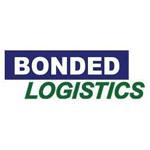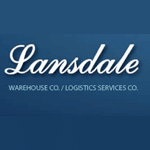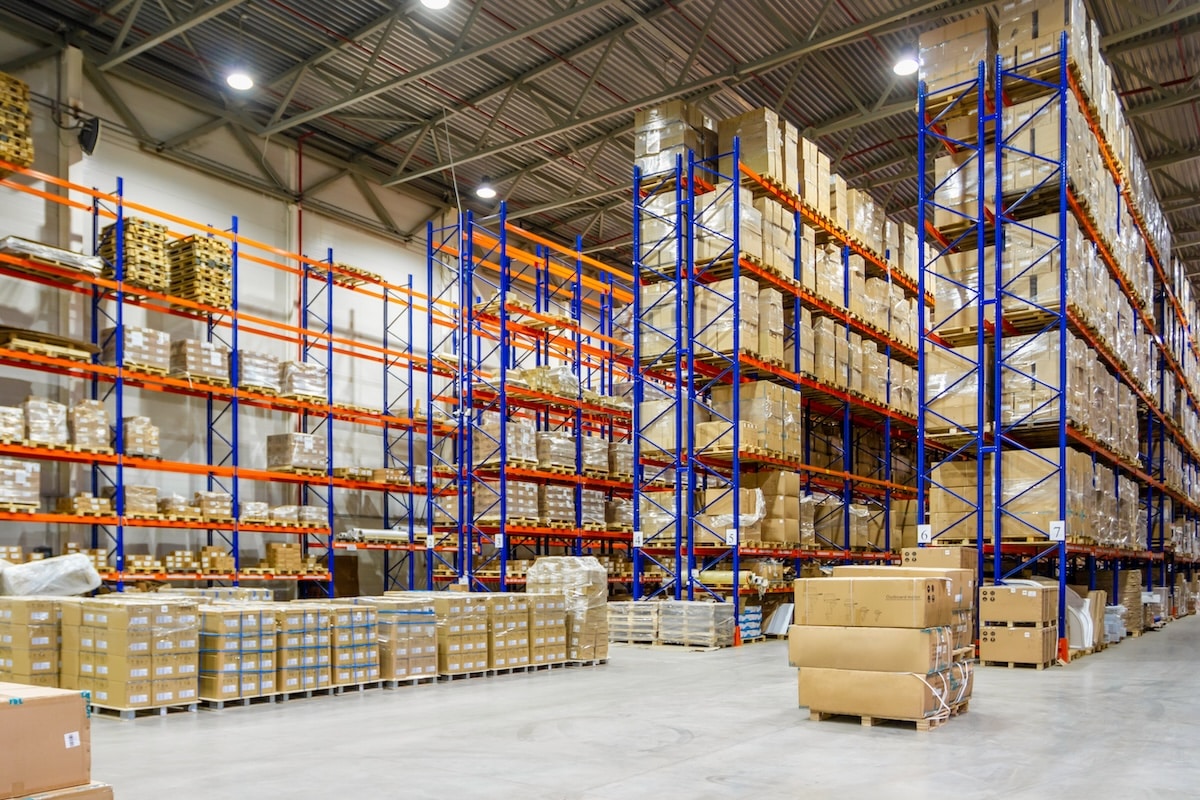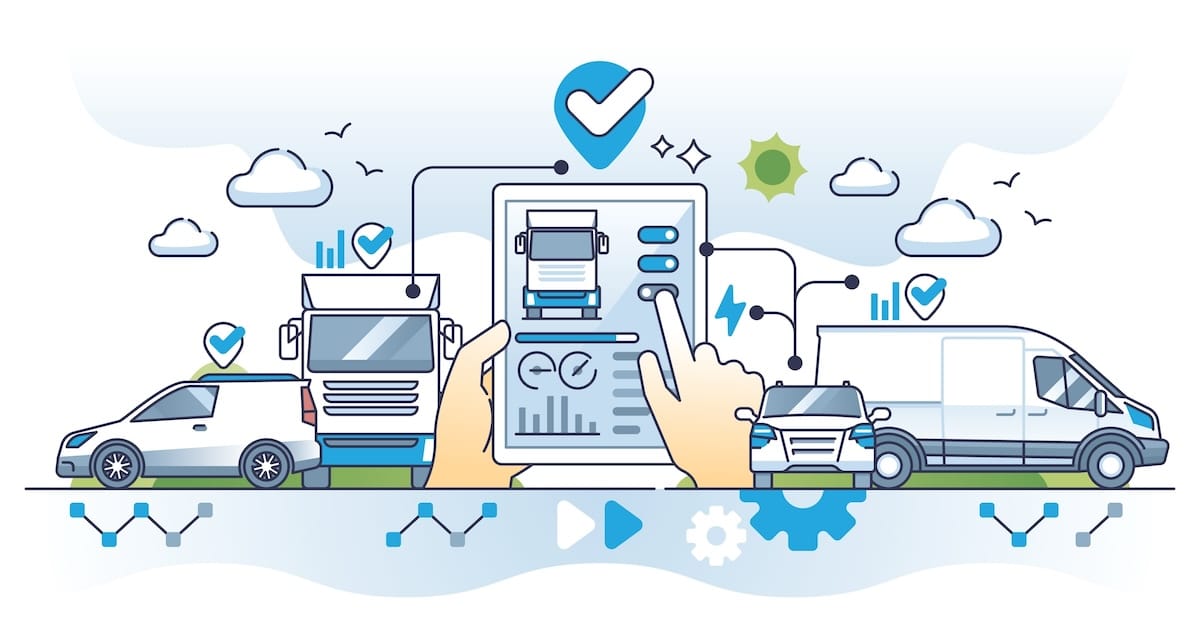White Paper: Tips for Choosing the Best WMS Software for Your Business
Warehouse management systems (WMS) can quickly process data and organize warehouse movements. They can also generate reports and handle enormous amounts of transactions, which are common in e-commerce.
You must be confident that you will get significant business value before embarking on a WMS software implementation. Such systems necessitate a capital investment and ongoing operating costs; however, the most significant costs are the people costs. The drive, enthusiasm, and commitment required of the entire warehousing team and senior management to ensure that the system is appropriately set up, used, and optimized regularly. Many times, the people costs aren’t factored into the total implementation costs.
In this white paper, we will be providing you with some pointers to help you decide. These seven tips will help you identify the best WMS system for your warehouse operation if you choose to invest in one. Let’s begin!
1. Consider ROI
The more daily transactions—the greater the potential for ROI and justification. These transactions may come as pallet transfers, picks, and warehouse locations. Furthermore, warehouses use expensive equipment, and optimizing it can save a lot of money—sometimes to the point where less equipment is needed, and fewer people are required.
Ensure the software vendors you contact provide quotes for licensing, professional services, development charges, and support fees. Assign which prices are fixed and which are variable to them. Keep an eye out for hidden costs like travel and project management time and ask for an estimate of those also. Summarize all costs in a spreadsheet, beginning with the initial outlay and continuing with costs for years one through five, finishing with the total.
2. Think About the Process
Modern warehouse management systems are highly configurable, typically by system administrators, and should work in most warehousing settings. Therefore, long, thorough Request for Proposal (RFP) documents were vital to the WMS selection process. This was due to the limited capabilities that most computers had at the time and the large amount of customization required. Also, many companies turned to outside, ‘independent’ consultants, to help them through the process.
RFP’s have the problem of being unable to anticipate a company’s future needs and are frequently overly prescriptive. Another drawback is that many WMS providers may not always reply to RFPs, since they take up a lot of time and resources, which the vendor could spend on other initiatives under their control. And RFPs were often ‘wired’ or even provided, by a software vendor.
3. Analyze Your Existing Systems
It’s important to analyze the systems that you are currently using and see whether they are meeting the company’s needs. Are you using manual/paper processes, a home-grown system, a Warehouse Management
System, an Enterprise Resource Planning (ERP) System that has some warehouse management functionality built in? It is not only important to evaluate if it is meeting current functionality requirements, but also if it can scale with your company and meet future needs. Is your current system supported or is it a homegrown system that only one person at the company knows or only a handful of employees can support?
When choosing a WMS system, you should also consider whether it can integrate with existing systems such as an ERP or other accounting software, Transportation Management Systems (TMS), and Labor Management Systems (LMS). Not only should it be able to connect with systems, but hardware and other applications being used such as RF devices and Ecommerce platforms (shopping carts). Best of class systems still provide the best functionality over the broad-based, horizontal solutions that do not provide depth of features or functionality.
4. Evaluate In-House Development Capabilities and System Support
Due to the package structure of the WMS industry, in-house development and support are rarely practical. The expenditures of continual development for a typical WMS supplier may be amortized across more than 100 clients. These same 100 customers act as a beneficial and thorough testing ground for the product. And provide a good roadmap for future enhancements and improvements matching the increased requirements of clients.
If the overall requirements are highly specialized or require specialist integration with existing in-house systems, in-house development and support may be viable options.
Your WMS should not only meet your current needs, but be able to scale with your company to meet future requirements.
5. Request for Information
First, draft a brief request for information (RFI) document that is no more than a few pages long. Next, describe your company, current/future business model, number of warehouses, and warehouse plans in this paper. Then, in broad terms, explain what you intend to accomplish with the WMS.
The RFI can be built around the critical aspects of this, such as loading bays, reserve positions, pick face locations, and pick-and-pack station specifications. But, again, the types of users, such as administrative users, forklift drivers, pickers, and packers, are fundamental.
Don’t try to specify how the system should work. Being too precise at this time can be problematic, as there may be faster, better, and less expensive options. Part of the selection process entails determining how potential vendors can assist you with this. You can enlist the assistance of an independent consultant if necessary.
Initially, send this RFI to six to ten suppliers. Focus on suppliers with market experience, which is especially important if you’re a third-party logistics (3PL) service. WMS vendors who haven’t worked in this industry before are unlikely to have the capabilities and knowledge to assist you. You must select whether to buy the software and hardware outright or rent the software (SaaS) and run it on a third-party server platform (Cloud) at this point.
6. Make a Shortlist
Make a shortlist of three to five potential WMS vendors. At this stage, price is not the most important consideration, but it can exclude vendors who will exceed your budget. Next, make arrangements for the vendors to come to you for a casual meeting. This will give you a sense of their company, including how
professional they are, how attentive they are to your demands, and how well they reply to your questions. Now is also the time to describe and price any functional gaps that have been found. Finally, request an accurate project cost from the supplier, including any variable charges.
7. Assess your Budget
Request an accurate project cost from the supplier, including any variable charges. Now is also the time to describe and price any functional gaps that have been found. Specific requirements analysis or gap analysis will be helpful. While this is a service with a price tag, it will assist in making the project successful. This is where the relationships you’ve built with the suppliers’ reference sites will pay off because you’ll be able to ask them about how well the supplier adhered to the agreed-upon budget and timelines.
Conclusion
A warehouse management system (WMS) is more than an inventory control system and data collection tool. Instead, it’s a solution that aims to automate as much of your warehousing activities as possible.
IT projects should be justified in the same way that any other business investment should be explained. A WMS is more of a tactical execution system than many IT initiatives, making it easier to explain. It is a strategic component of business improvement, but it is still tactical.
Do you want to increase efficiency, automate processes, and boost productivity in your warehouse and work with a trusted advisor for future requirements? Cadre would love to help you find the right WMS solution for your company.










